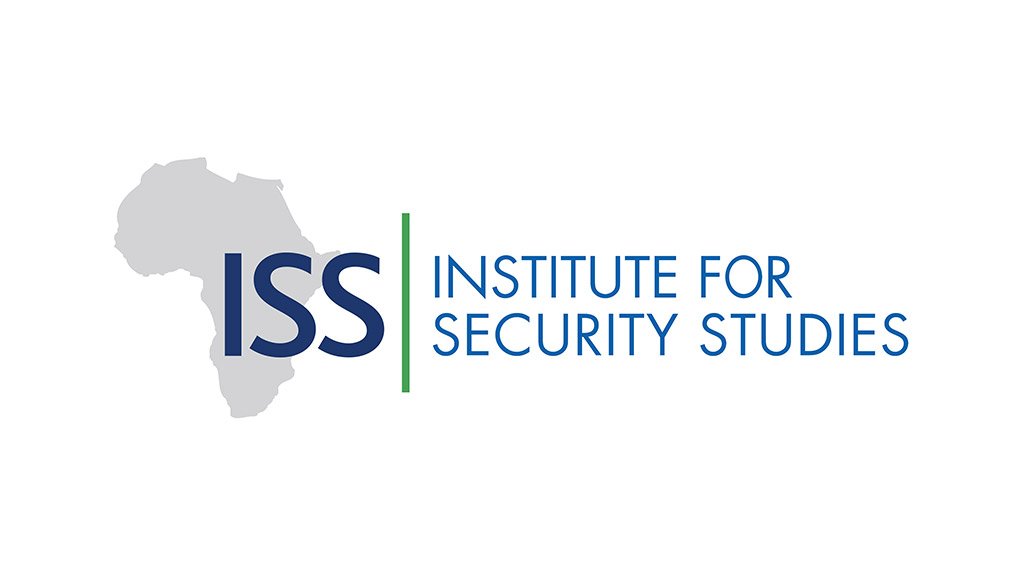The upcoming elections are vital for returning Chad to constitutional rule, but to do so, they must be fair and credible.
Chad has been in transition since May 2021, when president Idriss Deby died, and his son took over as head of the ruling Transitional Military Council. A new Constitution was adopted after a December 2023 referendum, and presidential elections were held in May 2024. But neither the referendum nor the polls went smoothly. Some opposition parties and civil society organisations criticised and boycotted them for their lack of credibility and transparency.
With combined legislative and local polls scheduled for 25 November, several lessons can be drawn to ensure a peaceful and representative process – and hopefully a return to constitutional rule.
The referendum and presidential election were marred by intense political tensions, technical shortcomings and inadequate resources, controversy over the composition of electoral bodies, and the absence of independent electoral observers.
Political strife during the referendum reflected difficulties that have plagued the entire transition process. These include the thorny question of the transitional authorities’ eligibility to contest the elections, the form of the state, and the October 2022 deaths of over 200 protesters. The same issues marred the presidential election, exacerbated by the 28 February death of opposition leader Yaya Dillo Djérou Bétchi.
Despite these conflicts and subsequent public protests, the government persisted in establishing the National Agency for the Management of Elections (ANGE) and the Constitutional Council, rejecting calls for talks about the process with the opposition and civil society.
The most significant controversy, however, arose over the formation of the electoral bodies, which prevented free and transparent polls. The composition of the National Commission that organised the referendum was criticised for being controlled by the transitional authorities and the Mouvement Patriotique du Salut, the former ruling party. The same was true for ANGE and the Constitutional Council. Although their independence is guaranteed on paper, many of their members and executives are close to the government and the ruling party.
Technical shortcomings affected the revision of the voters roll and the organisation of the polls on voting day. Before the referendum, a government-initiated audit of the electoral system highlighted its obsolescence and called for a system upgrade to ensure credible elections.
But although the authorities considered it necessary, updates to the electoral roll were poorly handled. Bad planning meant there wasn’t enough time for mass registration and re-registration of potential voters, particularly in Chad’s densely populated south. And running the process at the height of the rainy season and during farming operations reduced participation.
On election day, problems included delays in distributing materials to some polling stations and failure to comply with the Electoral Code regarding the stations’ opening and closing times. The lack of training for some officials at voting stations also disrupted the process.
Equally concerning was ANGE’s reluctance to accredit opposition parties, independent observers and the press ahead of the presidential polls. In the end, most independent observers did not receive accreditation, meaning voting took place without credible independent observers. The Economic Community of Central African States did send observers, but the African Union – which has maintained its position that the transitional authorities cannot participate in the election – was not invited to send observers.
The casting of votes by the military was also marked by irregularities. No polling booths were provided, and soldiers had to vote in the presence of their commanding officers. Also, certain military personnel were persuaded to vote for particular candidates.
Although the election timeframe allocated 15 days to count, process and publish the results, the outcome was hastily announced by ANGE just three days after polling stations closed. It is unclear how results from some 26 000 polling stations could be collated and counted so quickly in a country with a drastic lack of communication and roads.
Finally, violence erupted after the results of the presidential elections were published, with heavy security force deployment in key parts of major cities. In the aftermath, at least 20 deaths were recorded.
In the run-up to the legislative and local elections in November, the documents outlining administrative units and the number of elected representatives per constituency were criticised by political parties, civil society and other local and regional organisations. Reasons included unequal constituencies and seat distribution, which failed to respect the demographic weight of the provinces. Groupe de Concertation des Acteurs Politiques said the government was preparing for electoral fraud by allocating more constituencies and seats to provinces it was confident of winning.
Elections give citizens choice and allow for civic expression and political participation. For Chad, the upcoming polls elections are vital for a return to a peaceful constitutional order. However, the mismanagement of the transition as a whole and the two past elections, raises the perennial debate about whether elections that lack credibility help or harm fragile transitions such as Chad. Nevertheless, a minimum level of professionalism and consensus is needed around the polls.
With three months to go, the government must create a framework for discussion with the opposition to guarantee conditions of trust and transparency. Such a framework could, among other things, allow for resolving disputes relating to administrative and electoral constituencies and independent election observation.
ANGE should train its decentralised bodies and polling station officials in the electoral code. It should also plan the logistics of distributing materials in electoral districts more carefully to avoid delays on polling day.
Finally, compliance with the Electoral Code in the counting and publication process is vital to prevent any suspicion surrounding the results.
Written by Remadji Hoinathy, Senior Researcher, Central Africa and Lake Chad Basin, ISS & Manatouma Nicodème Kelma, Senior Researcher, Centre for Research in Anthropology and Human Sciences, N’Djamena, Chad
EMAIL THIS ARTICLE SAVE THIS ARTICLE ARTICLE ENQUIRY FEEDBACK
To subscribe email subscriptions@creamermedia.co.za or click here
To advertise email advertising@creamermedia.co.za or click here











